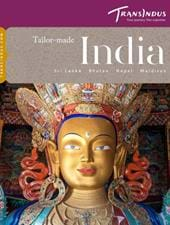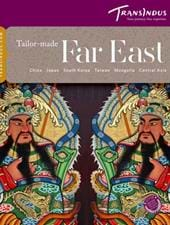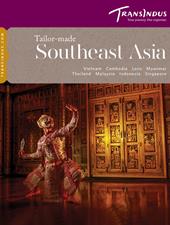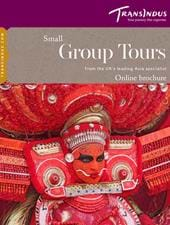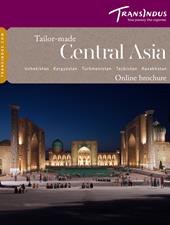Although nowadays part of a much larger state, ‘Kashmir’ traditionally refers to the valley cradled by the Pir Panjal and Great Himalayan ranges – a vale of extraordinary beauty eulogized for thousands in Indian poetry, song and painting. Completely encircled for much of the year by snow peaks, its flat, fertile floor is spangled with glassy lakes, stands of giant chenar trees and saffron meadows.
Kings, prophets, saints, scholars and travellers have throughout the ages sought refuge in this Shangri La, whose natural splendour the Mughals embellished with formal gardens and pleasure palaces. When asked on his deathbed if he wanted anything, the Emperor Jehangir allegedly replied “Kashmir, only Kashmir”.
Since Independence, however, the valley’s position at the geo-political faultline between India and Pakistan has ensured it became a paradise lost. But after decades of civil war, peace once again reigns in this predominantly Muslim region, and visitors from across the world are rediscovering its traditional pleasures: staying on the houseboats of Dal Lake, taking rides in canopied shikharas to the Mughal gardens, and enjoying the breathtaking greenery and views of its mountain resorts.

